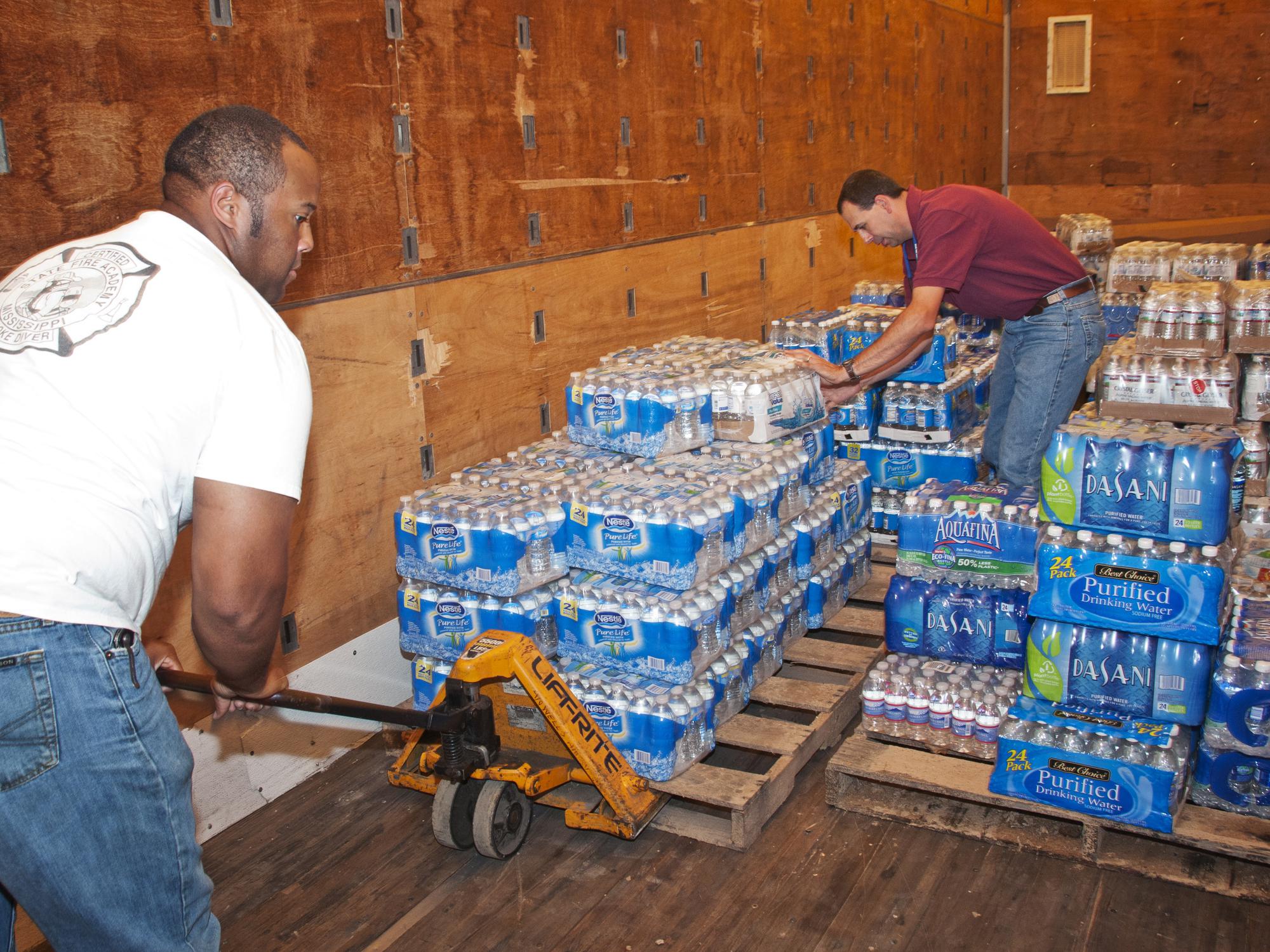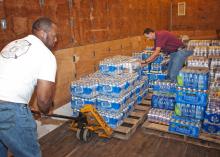Information Possibly Outdated
The information presented on this page was originally released on September 15, 2017. It may not be outdated, but please search our site for more current information. If you plan to quote or reference this information in a publication, please check with the Extension specialist or author before proceeding.
Avoid second disasters by responding wisely
STARKVILLE, Miss. – First responders and disaster experts know that good intentions can lay the foundations for disastrous conditions after hurricane winds and floods subside.
Through the Mississippi State University Extension Service, Anne Howard Hilbun conducts disaster response training for citizens and emergency workers. She is an instructor with the MSU Extension Center for Government and Community Development.
“The disaster within the disaster is how we describe the mounds of clothing and other items that are sent by well-meaning people to damaged areas,” Hilbun said. “Sometimes, volunteers who go to the scene can also contribute to the problems faced by responders and local governmentally organized response efforts.”
Hilbun said potential volunteers should contact the National Voluntary Organizations Active in Disaster to offer assistance during any disaster recovery. States also have similar groups such as the Mississippi Commission on Volunteer Service, Volunteer Florida or Texas Disaster Volunteer Registry.
“Sign up for before you show up. Coordinating with these official organizations can help volunteers and donated items. They can tell you what skills are needed and where. They can tell you what items are needed, what are not needed and where to send them,” she said. “No one wants their efforts to be wasted or to cause additional problems.”
Hilbun said self-deploying -- not volunteering through an organization -- can put lives and property at risk and take away resources from other responders. Financial donations to reputable charities can put resources in the hands that need them the most and help local economies rebound after a disaster.
MSU Extension is working with other components on campus to address student needs following recent disasters.
Cathy Lammons, executive director of communications and donor relations for the MSU Foundation, said financial support is always appreciated by individuals who have experienced a disaster. MSU is collecting financial donations for students impacted by the recent hurricanes and other disasters.
“Most disaster victims and communities need money, not things,” Lammons said. “Cash donations to a nonprofit or a disaster relief organization are effective because they offer the most flexibility in getting the most-needed resources.”
The MSU Foundation accepts gifts for the MSU Student Relief Fund, which aids MSU students affected by any disaster.
“The fund helps students stay in school once they have been involved with a disaster,” she said. “An example would be if they needed to replace their books because they were lost in the storm. We want to do whatever we can do to help the students continue their education here at MSU without interruption.”
To contribute to this fund, contact the MSU Annual Giving office at 662-325-2466 or go online at http://www.msufoundation.com/studentrelief/.
The MSU Maroon Volunteer Center also serves as a resource for those looking for avenues to offer assistance, with information included online at https://www.mvc.msstate.edu/blog/hurricane-relief-efforts/.






